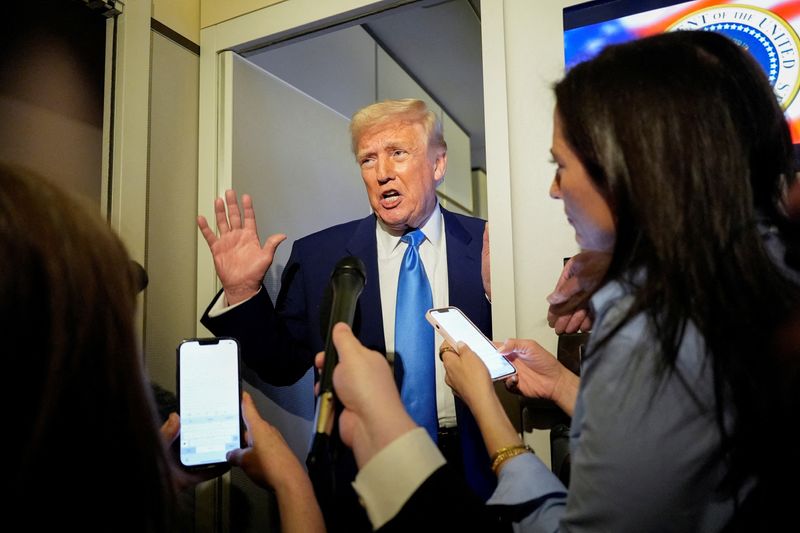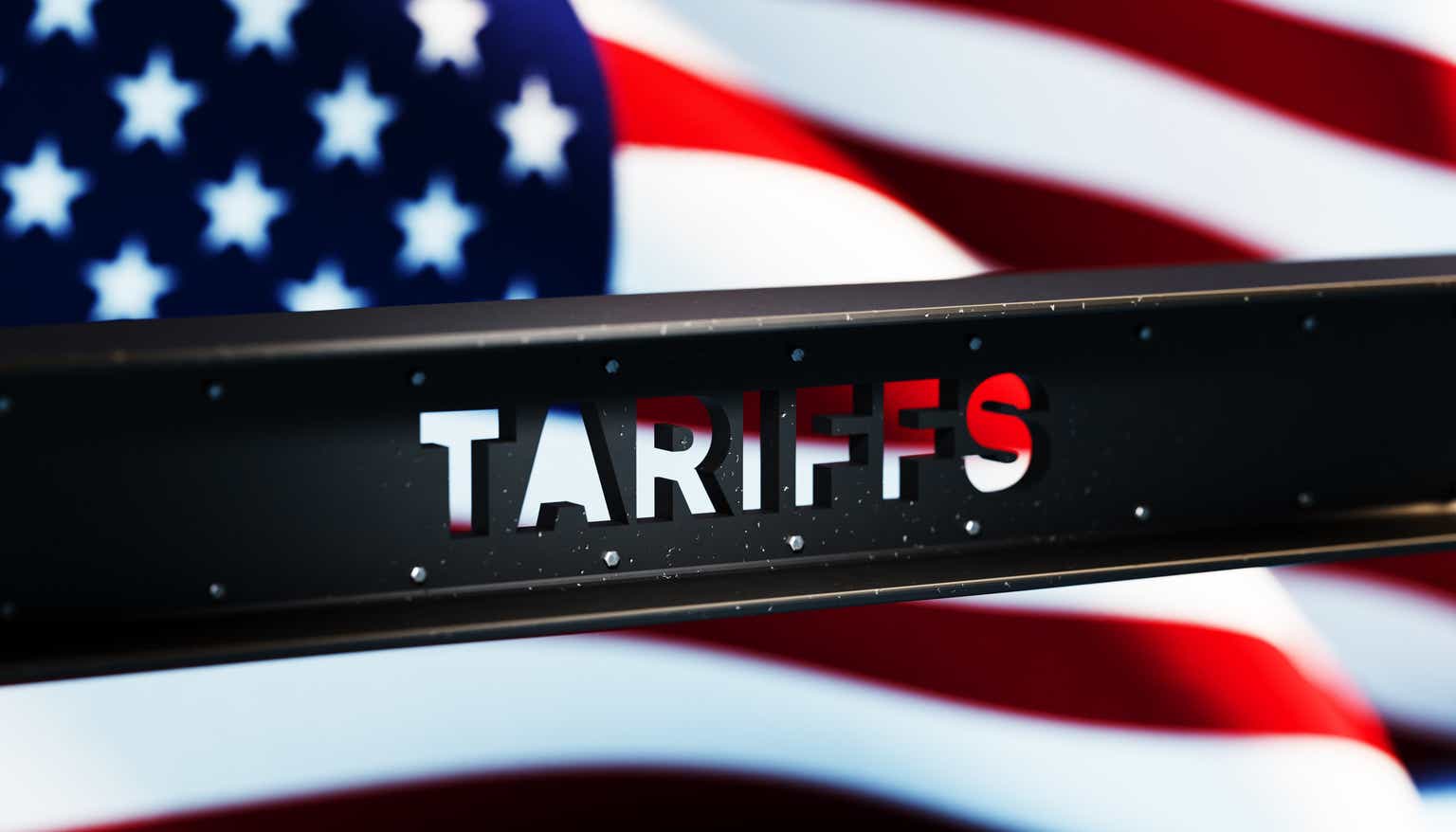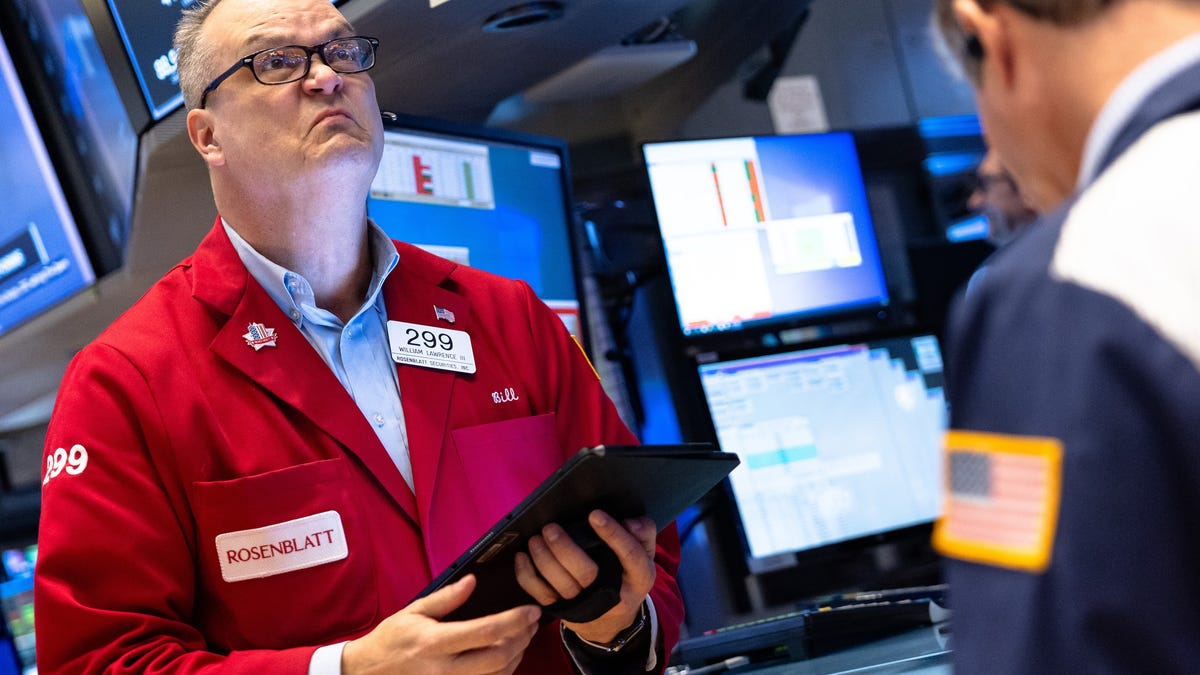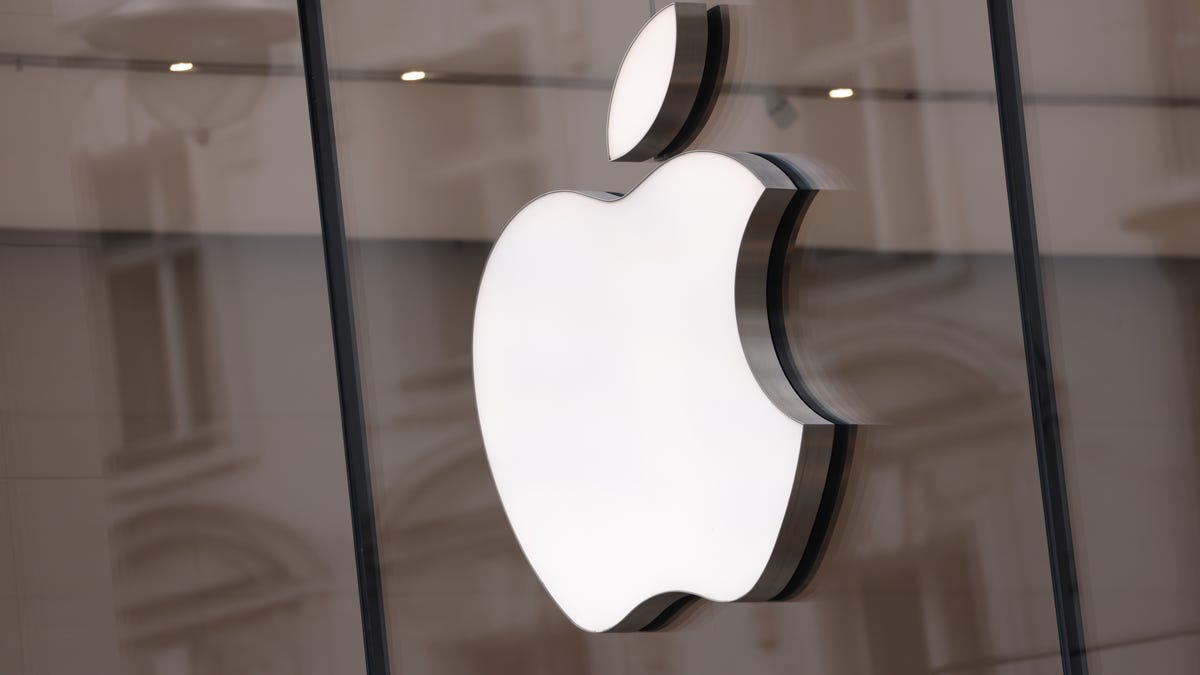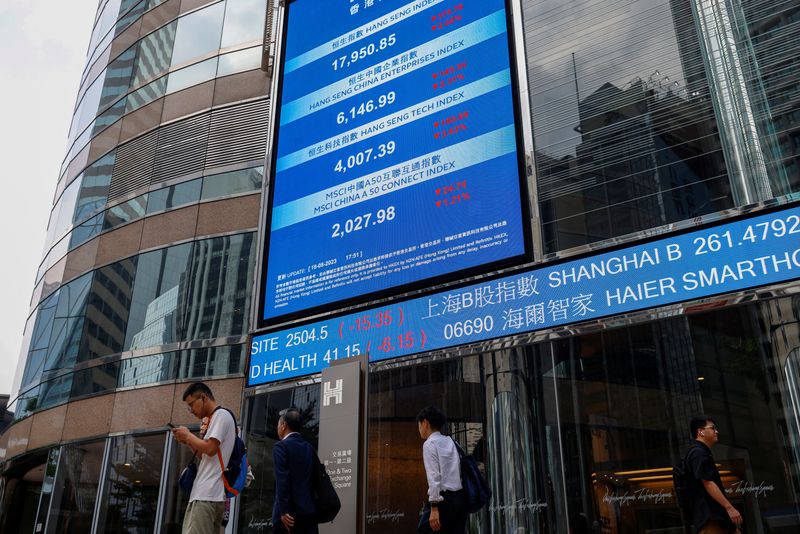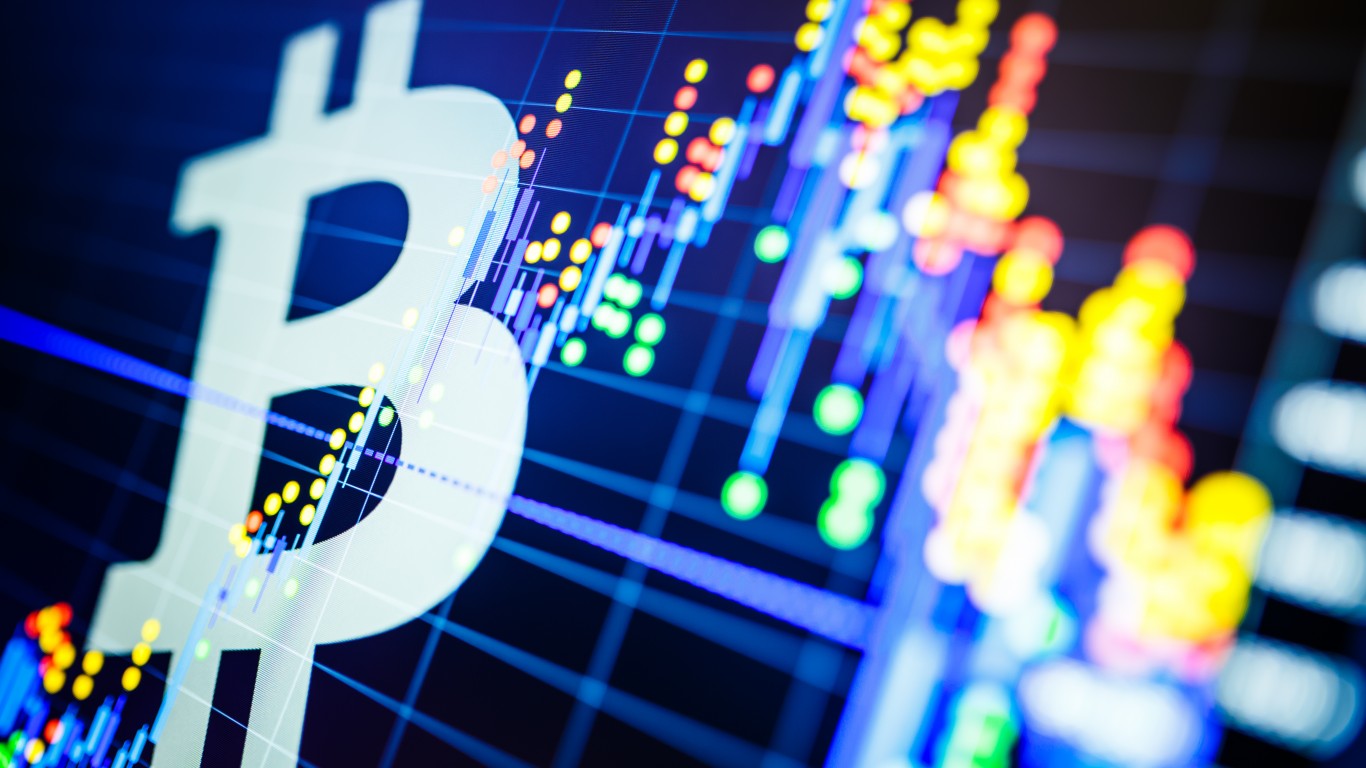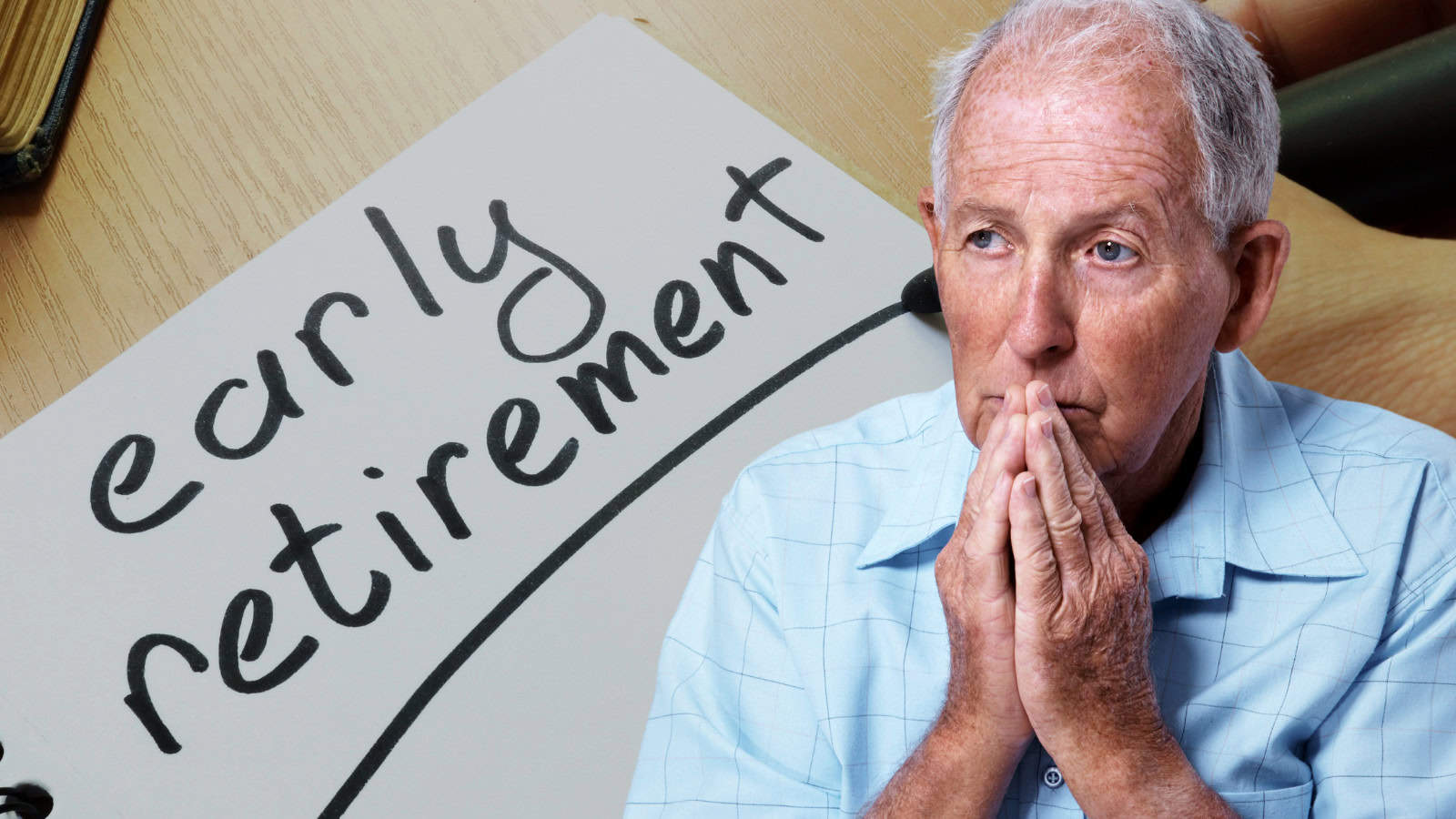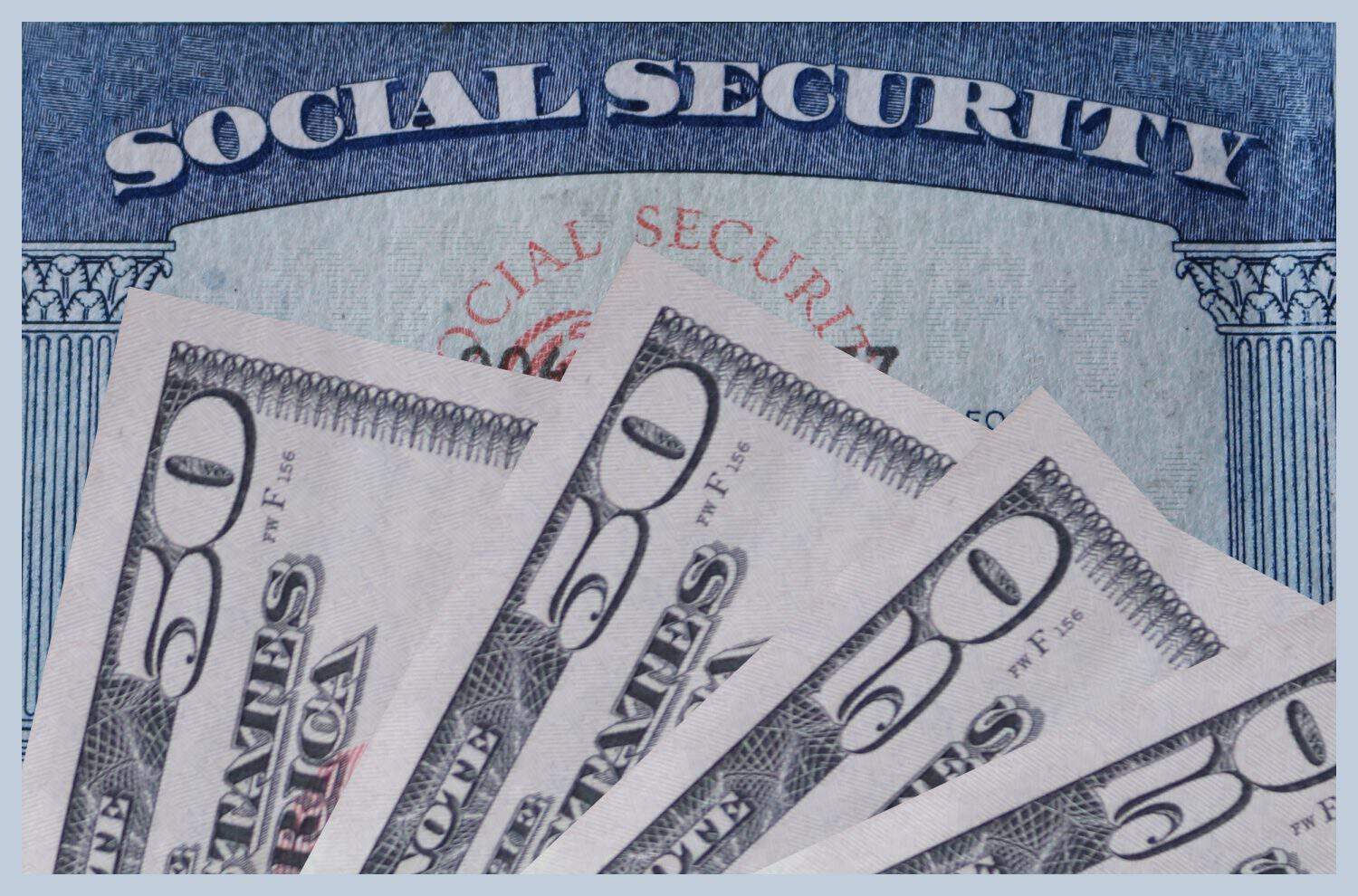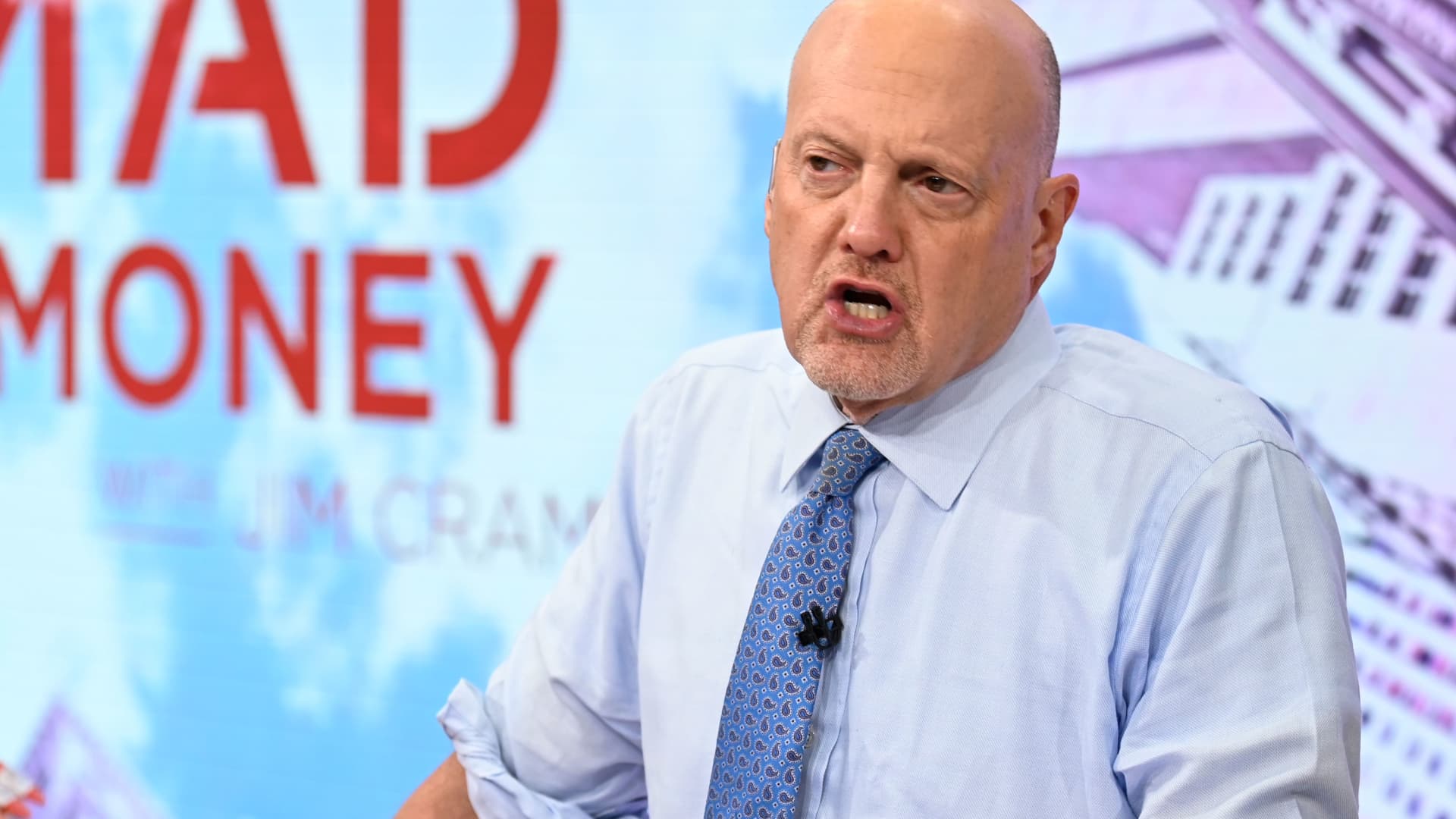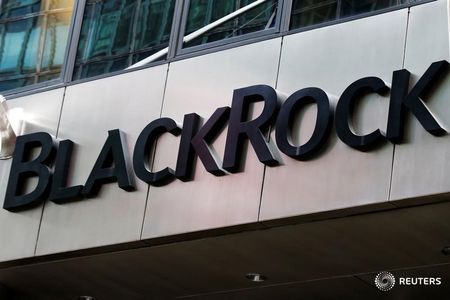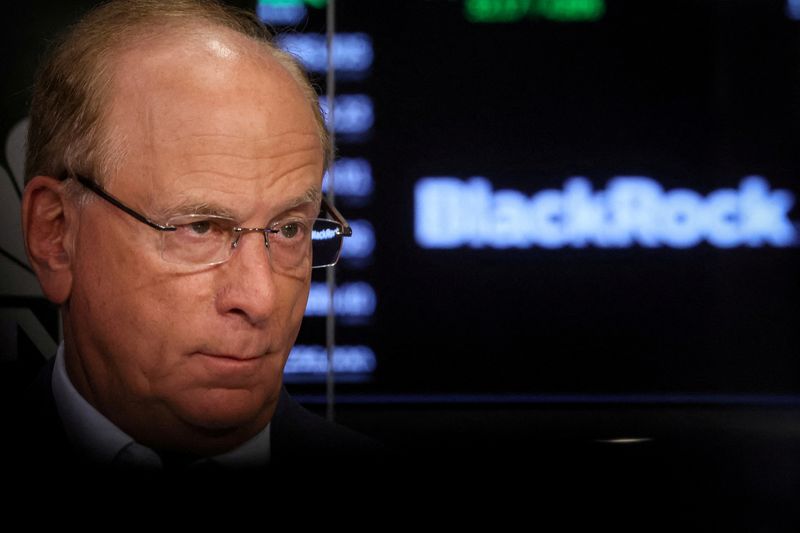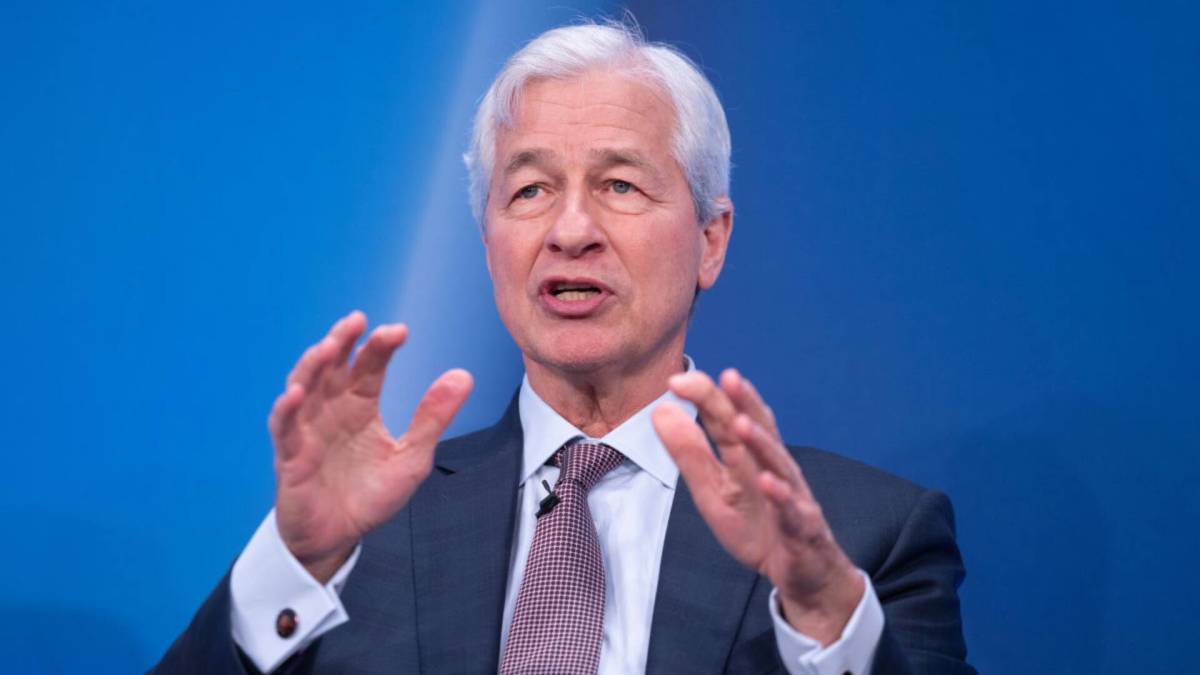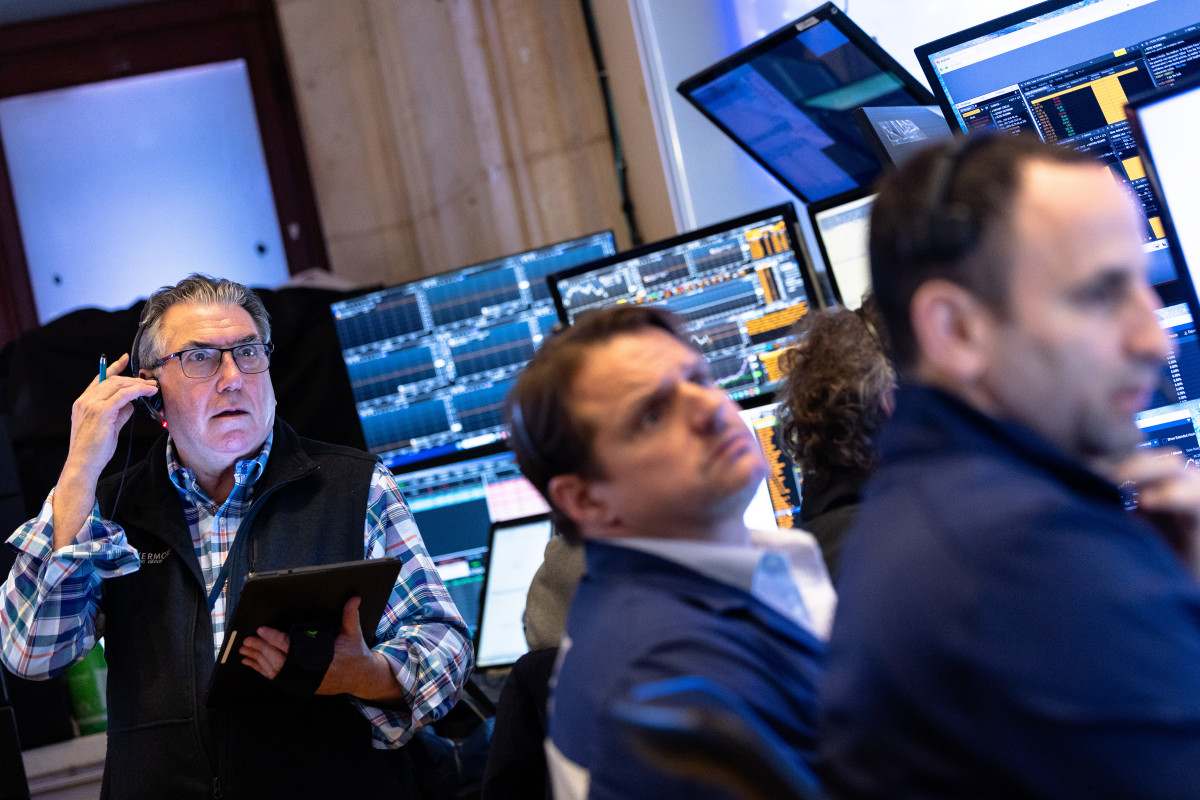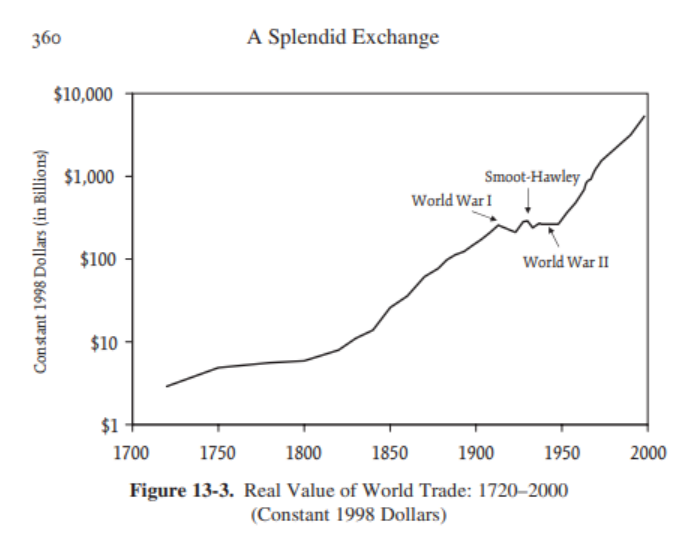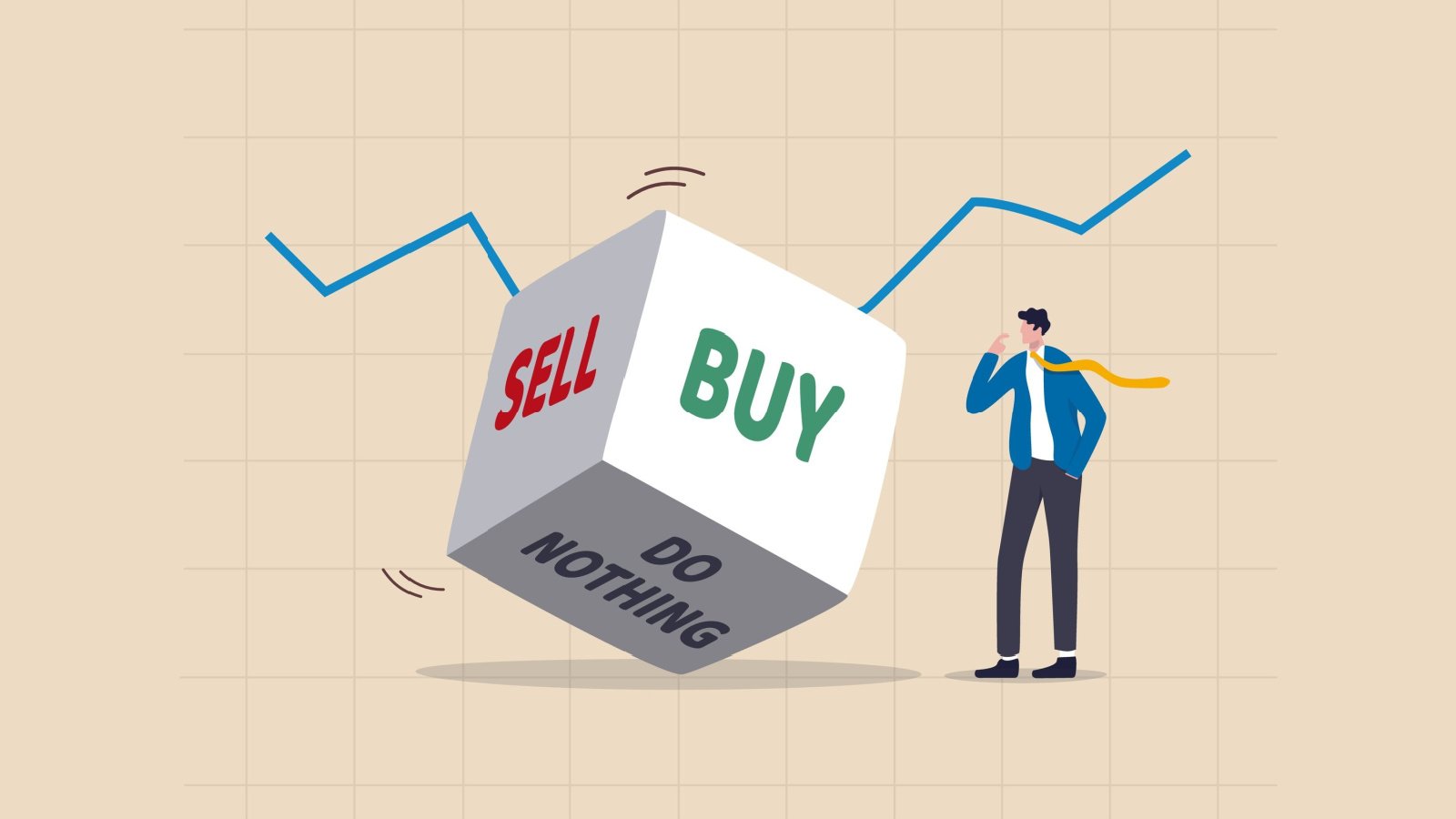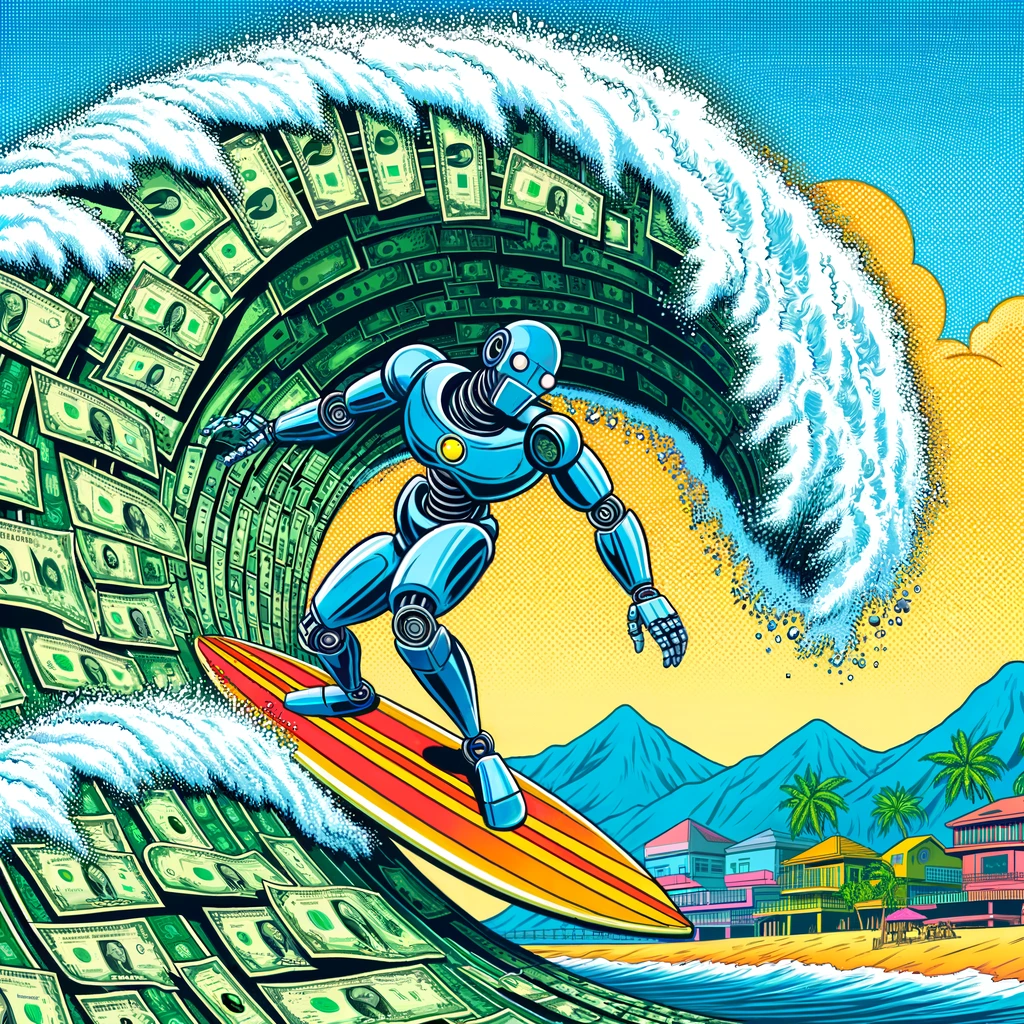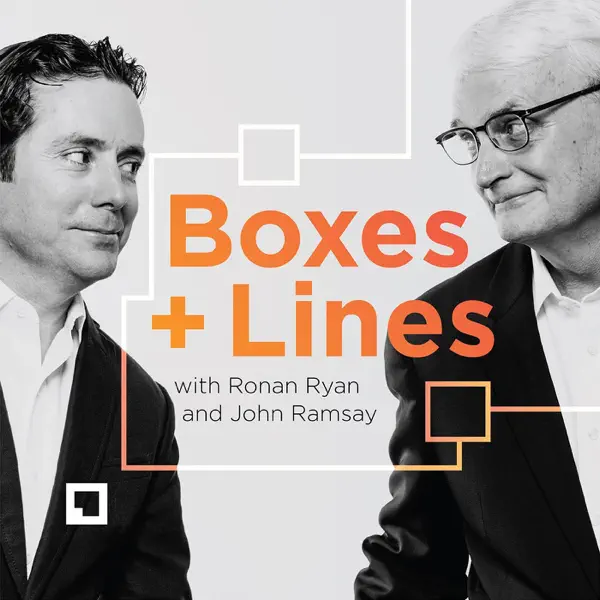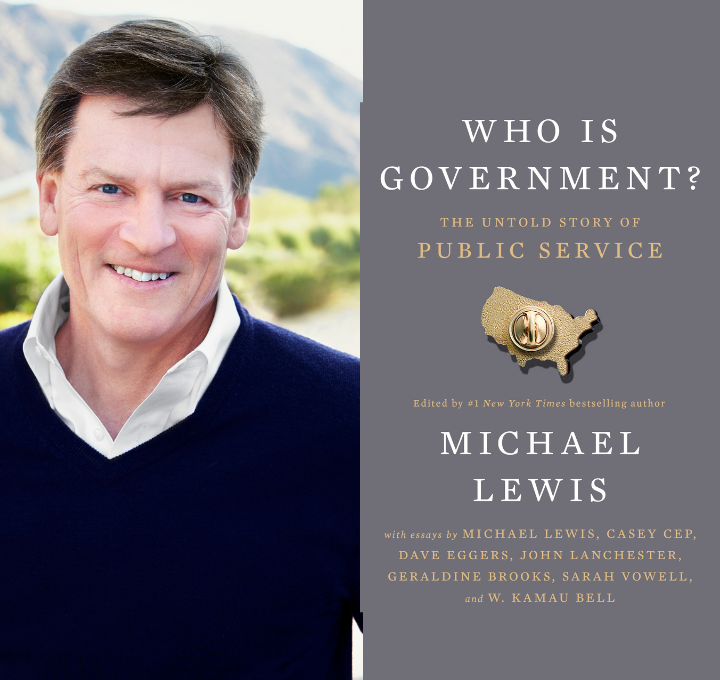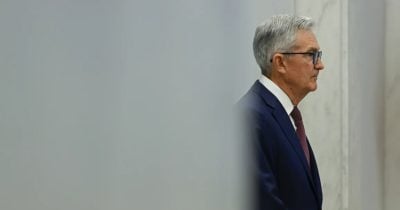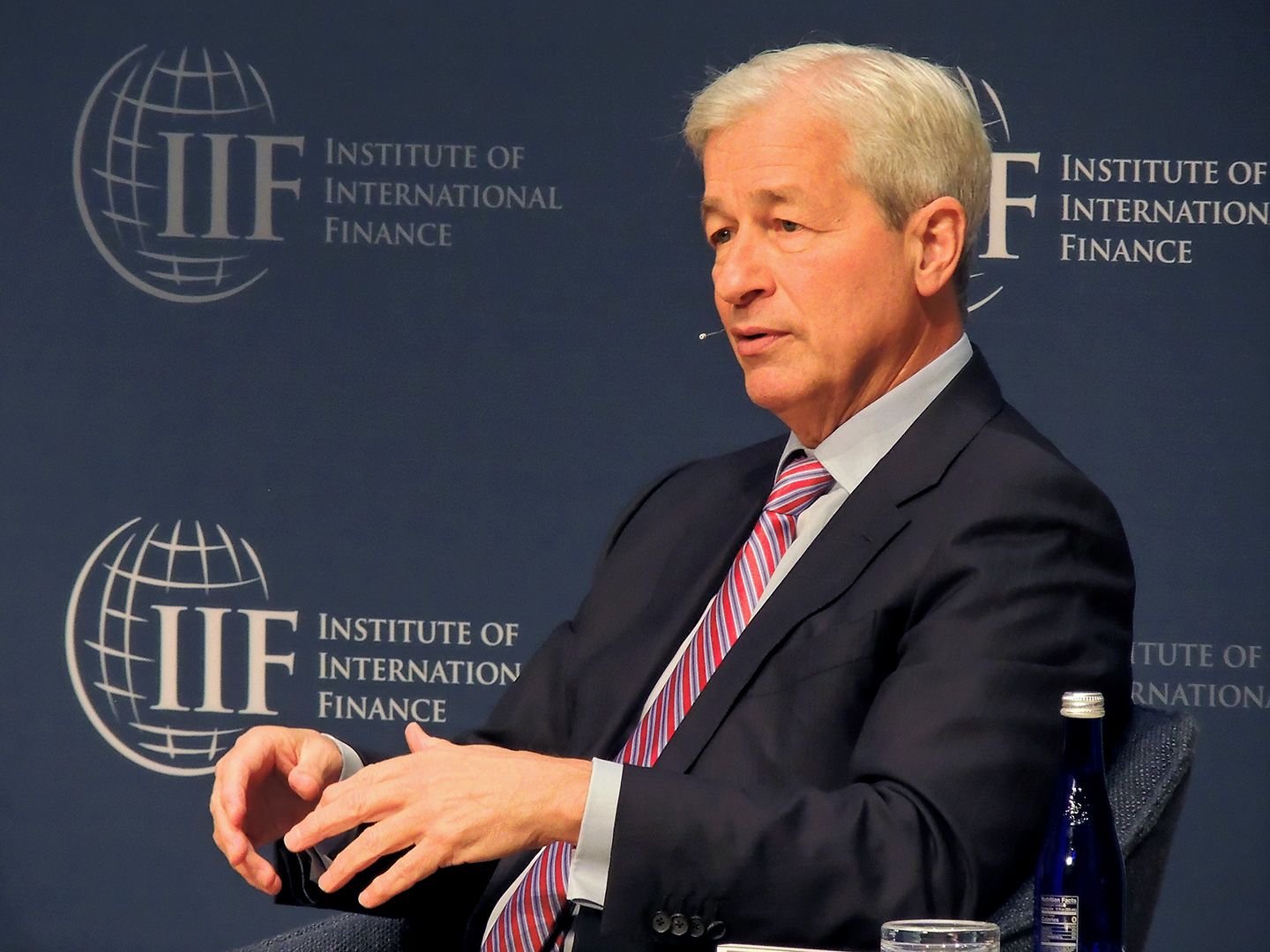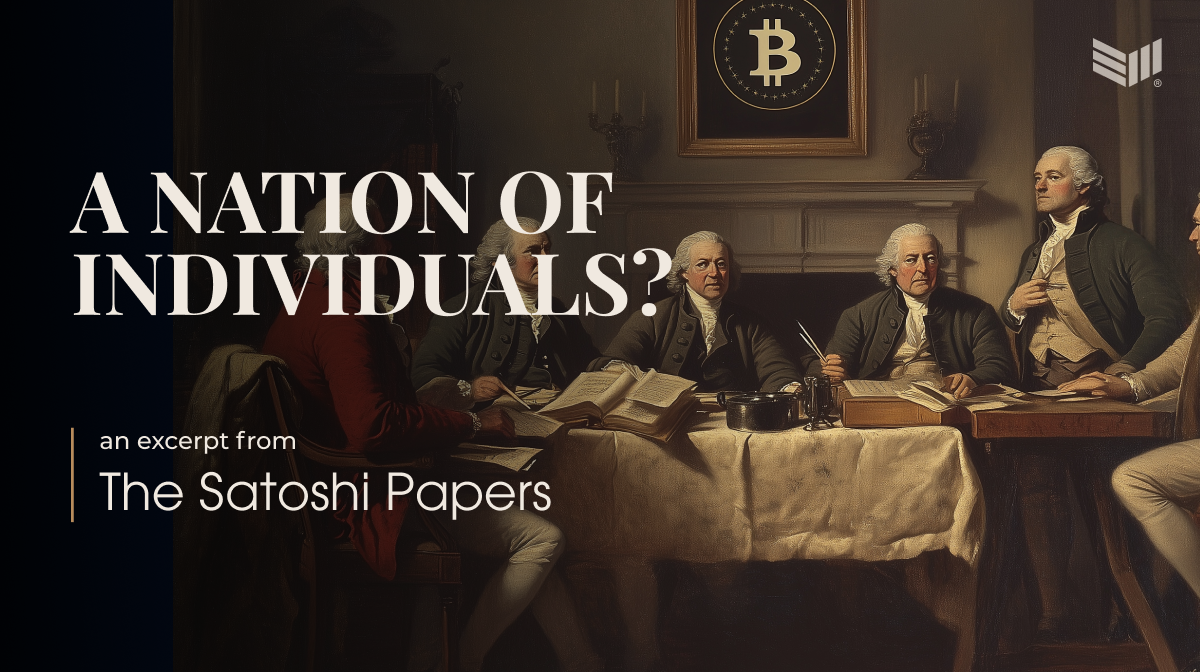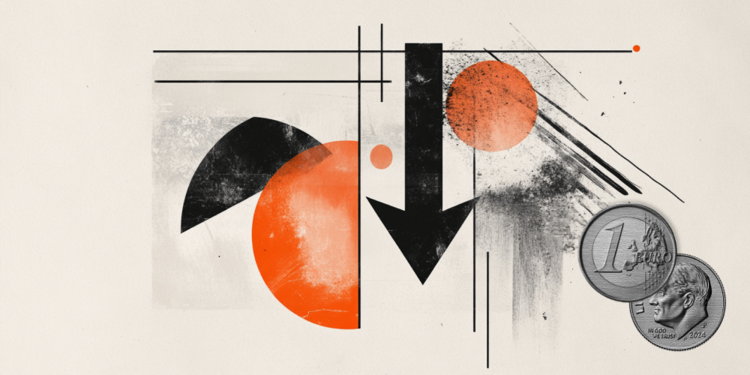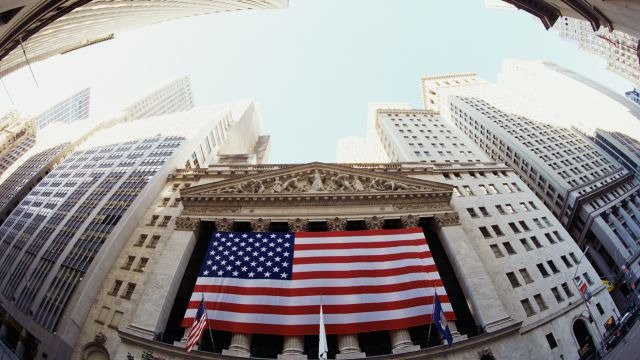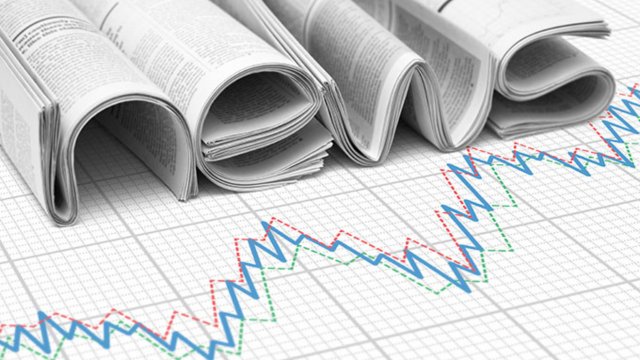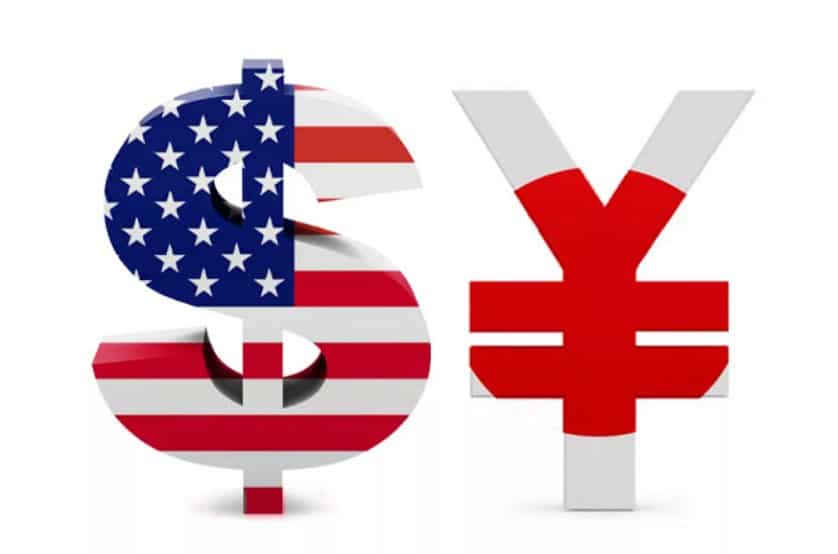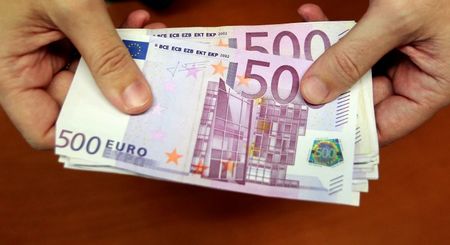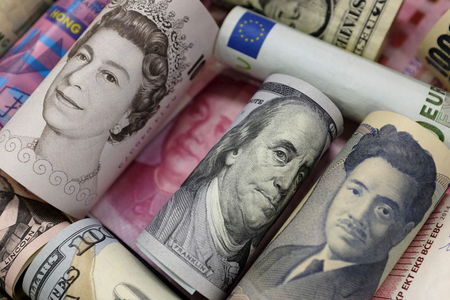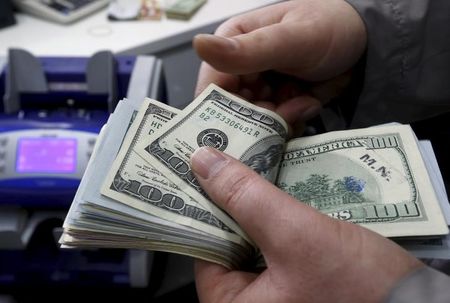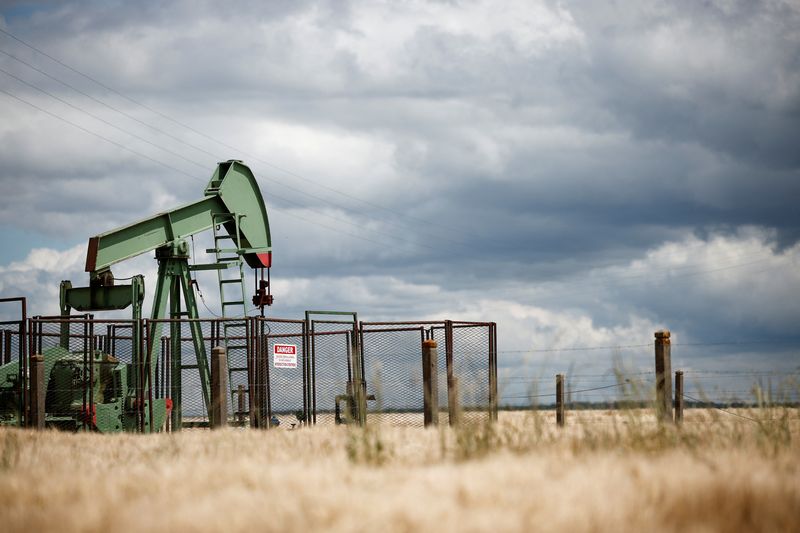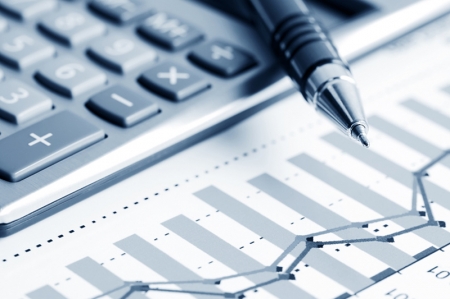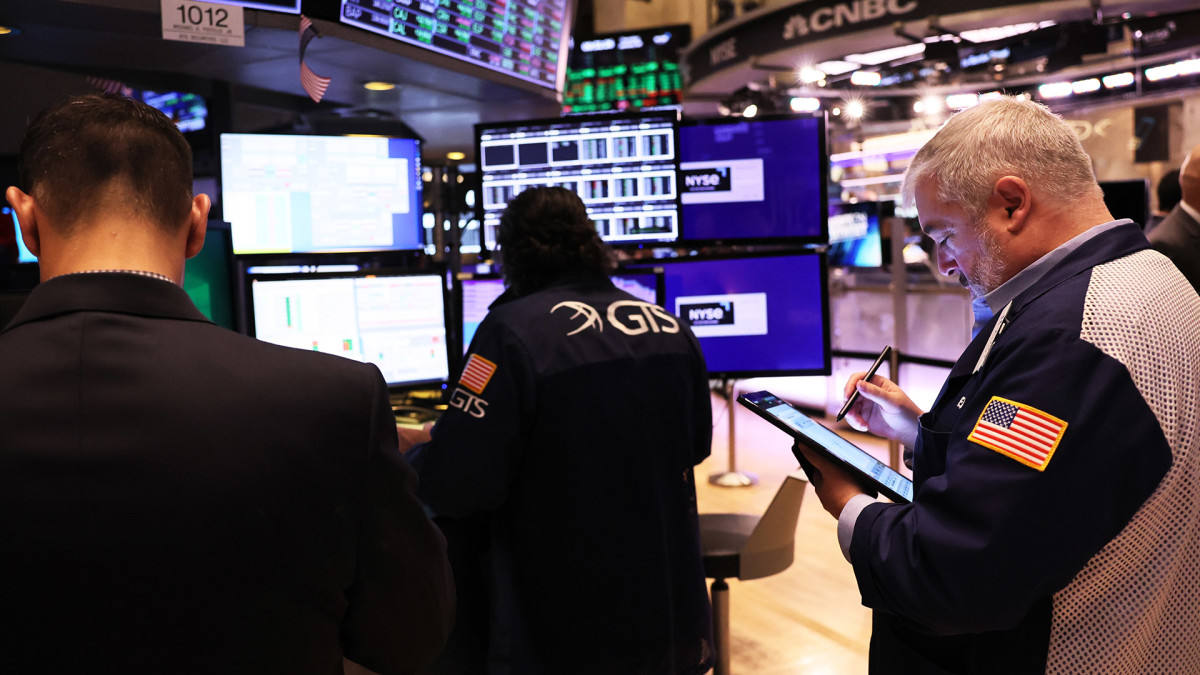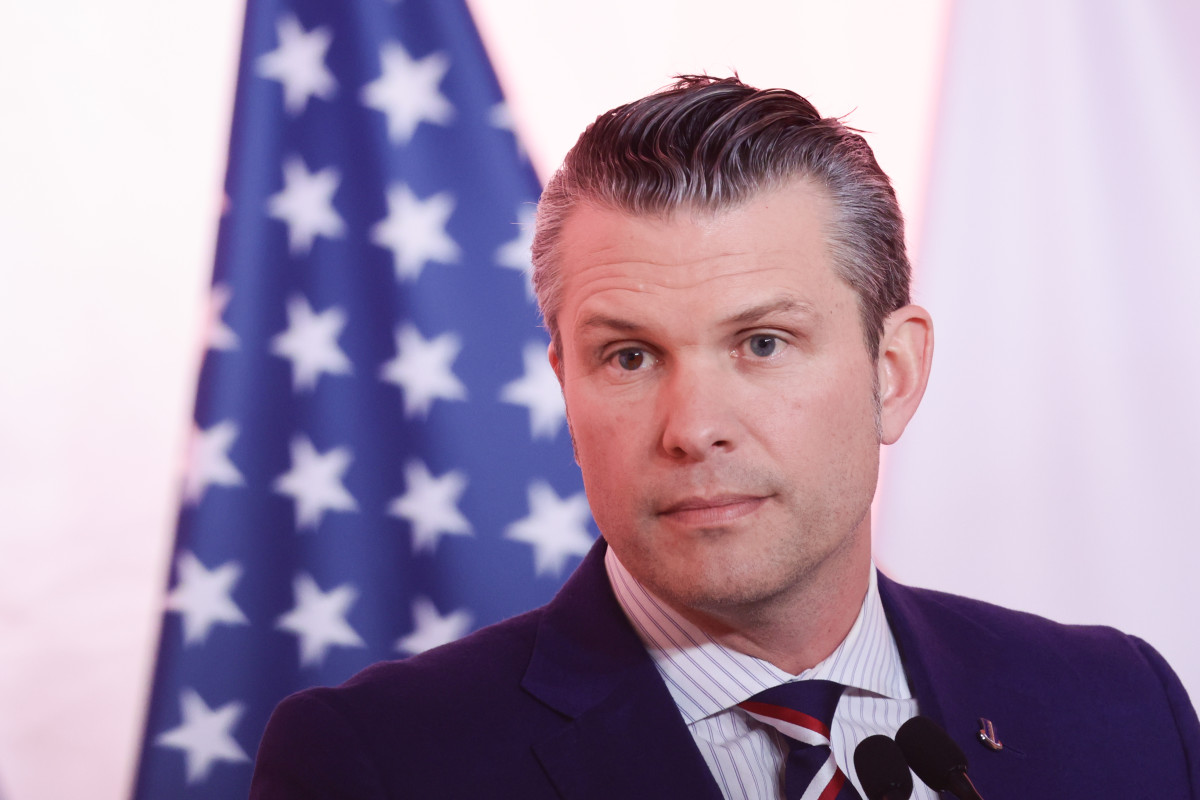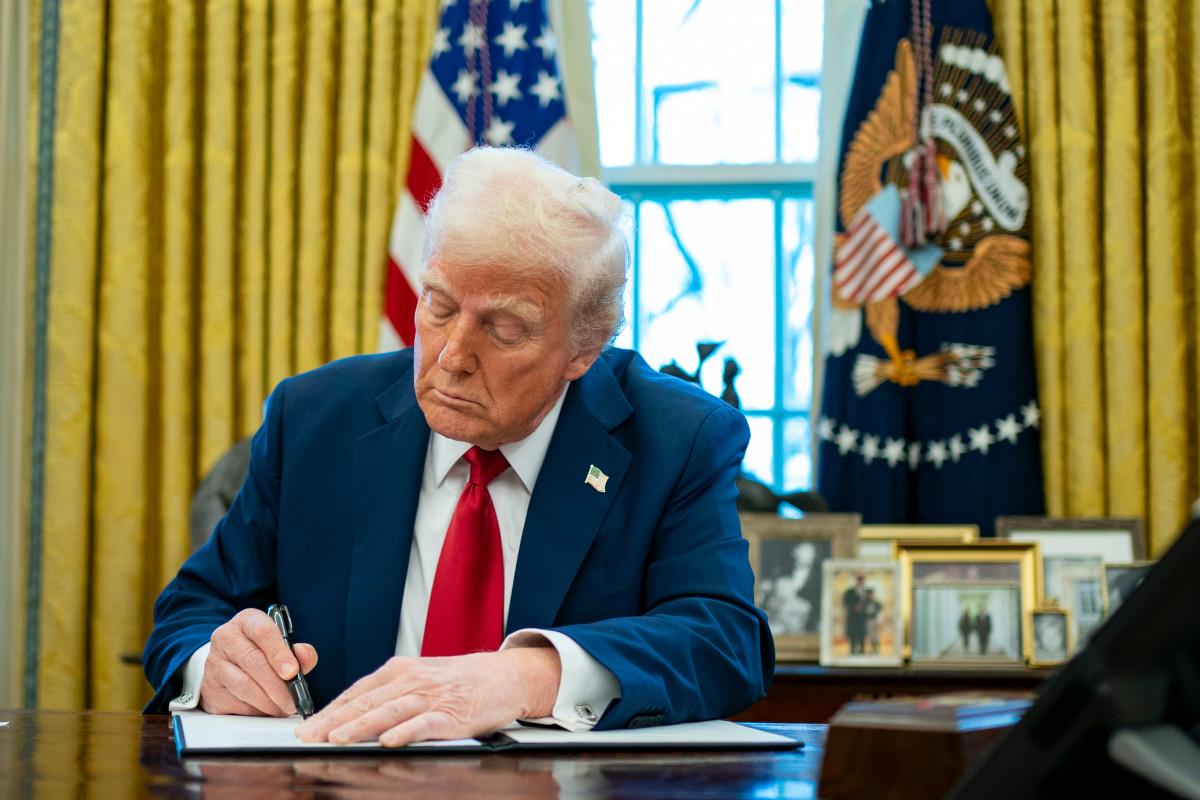Jim Cramer delivers blunt take on tariffs after stocks crash
The popular investor offered blunt words amid tumbling stocks.
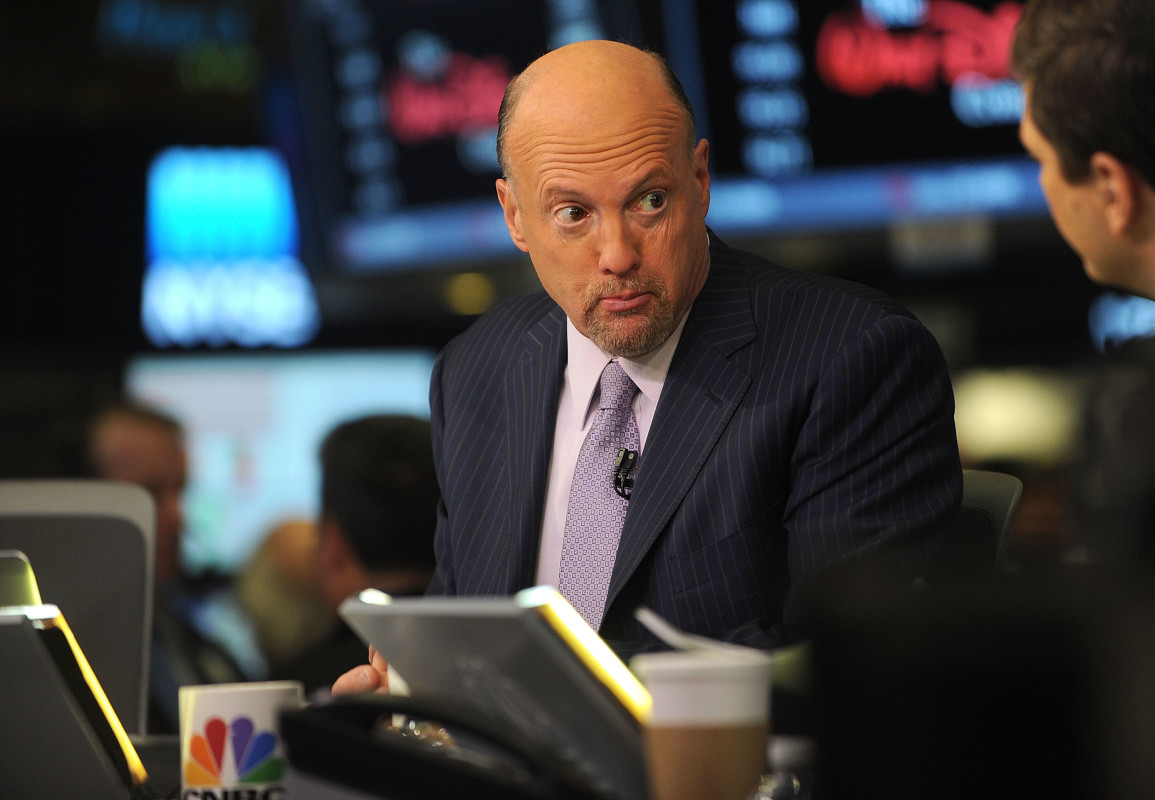
The stock market is reeling from President Trump's widespread tariff announcement on April 2. The so-called "Liberation Day" announcement included harsher-than-expected tariff rates on many of our largest trading partners, causing a broad-based recalculation of U.S. economic and corporate profit outlooks.
The S&P 500 delivered back-to-back daily losses of over 4.5% for the first time since Covid rocked global markets in 2020, bringing its decline from January's peak to about 17%. The tech-stock-heavy Nasdaq Composite performed worse. It fell nearly 6% on Thursday and Friday, leaving it down 22% from its recent highs.
Related: Legendary fund manager sends blunt 9-word message on stock market tumble
The reason for the drop is that stock prices hinge on revenue and profit growth. If global tariffs raise prices, topline sales growth could stumble. And if companies cannot pass along tariff costs to already cash-strapped consumers, their bottom line will suffer.
The re-rating of stocks is a harsh reckoning, given that Wall Street was generally bullish on stocks entering 2025.
The dramatic drop has caught Jim Cramer's attention. Cramer, a popular long-time investor, famously and correctly called out the Federal Reserve during the Great Recession, exclaiming, "They know nothing" when the Fed hesitated to cut interest rates faster to shore up the economy.
On April 4, Cramer delivered a blunt assessment of Trump's tariff strategy that investors should hear. 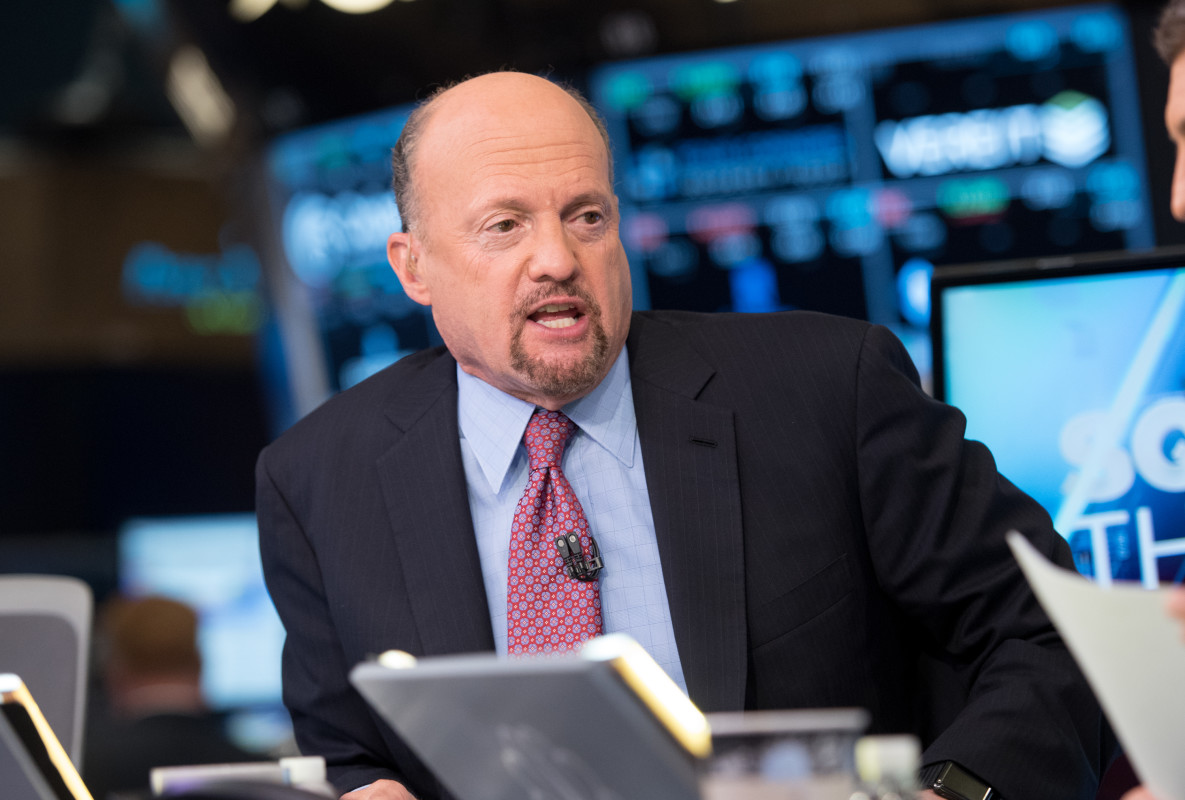
Is the economy on the cusp of a look-out-below moment that hamstrings the Fed again?
The stock market retreat has been fast and steep, but tariffs aren't the only reason the S&P 500 fell off a cliff last week.
Economists have noted cracks in the economic armor for a while, and concerns have been mounting since January that stocks, which rallied significantly over the past two years, had been priced to perfection.
Related: Billionaire Michael Bloomberg sends hard-nosed message on economy
While lower than at its peak, inflation has stopped falling, pressuring consumer spending, which was already on the ropes.
In 2022, the Federal Reserve was forced, arguably belatedly, to embark on the most hawkish monetary policy since Fed chair Paul Volcker tackled inflation in the early 1980s. The move worked, given that the Consumer Price Index inflation has fallen below 3% from over 8% in June 2022.
However, inflation has crept higher recently to 2.8% in February from 2.4% in September.
That's problematic for the Fed, given it throws a wrench in its plans to cut interest rates to stave off developing problems in the jobs market.
Unemployment has increased to 4.2% from 3.5% in 2023. The Fed cut interest rates in September, November, and December, only to pause additional reductions because of sticky inflation.
As a result, the Fed is sitting on its hands, caught between competing mandates to ensure lower inflation and unemployment—two often contradictory missions. Raising rates to quell inflation risks job losses, while cutting rates to protect jobs sparks inflation.
President Trump's tariff policy worsens that dynamic.
While proponents argue tariffs are the best way to arm-wrestle manufacturing back to America, tariffs increase the costs of goods, adding inflation at a time when the Fed needs it to fall so it can prop up the economy with more rate cuts.
Related: Billionaire Bill Ackman delivers frank 3-word message on tariff war
Recognizing the situation, investors rushed to press the sell button to lock in gains over fear the U.S. economy is heading head-long into stagflation or, worse, a recession.
Jim Cramer doesn't mince words on tariff plan
Given the economic backdrop, the stock market's collapse last week is far less surprising. However, that's cold comfort to Americans shaking their heads at declining portfolio values in retirement accounts.
Investors' frustration is shared by Cramer, who has been a market participant since the mid-1980s at Goldman Sachs. Cramer's career means he's had a front-row seat to the Savings & Loan scandal, Internet boom and bust, Great Financial Crisis, Covid, and 2022's bear market.
More experts:
- Treasury Secretary has blunt 3-word response to stock market drop
- Fed chairman has blunt 9-word response to recession talk
- Billionaire Ray Dalio's blunt message on economy turns heads
In short, Cramer has seen his share of good and bad stock markets and economies. He isn't impressed by what he's seen regarding tariffs so far.
"I'm let down... I was hoping for a coordinated thing where if you are charging us 20% that we charge you 20%," said Cramer to Erin Burnett in a CNN interview. "I went deep on the numbers today, and the numbers did not make any sense... The numbers they did... the chart that they had with the mathematical equation, I mean are you kidding me? How about the fact that it was just wrong?"
While the White House had pitched reciprocal taxes, the tariffs announced weren't based on a reciprocal calculation. Instead, they "reflected the trade deficit we have with that particular country divided by their exports," according to veteran analyst Peter Boockvar.
"I feel like a sucker," admitted Cramer. "They screwed it up. They did it in a totally ill-advised way, and I was very let down... This is what they come up with?"
The hope had been that tariffs would usher in a fair negotiation. That may still happen, especially given the mounting pressure on the President to make concessions. Still, that doesn't necessarily make losses felt by investors easier to swallow.
Cramer offered up a scathing rebuke about how tariff policy impacted the S&P 500.
"None of this had to happen," said Cramer. "I feel bad because a lot of people lose money when this happens. The way that they handled it was so bush league... They cratered the stock market and gave us nothing."
Related: Veteran fund manager unveils eye-popping S&P 500 forecast







